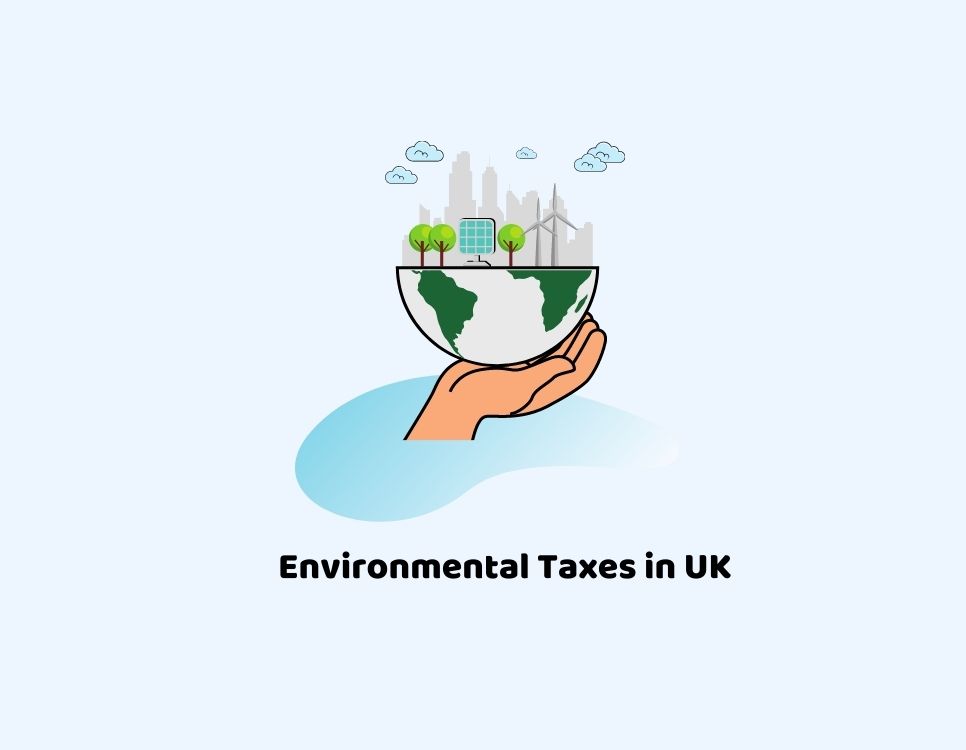
11/01/2021Accountants , Tax Issues , Tax Saving Tips
Adapting regulations regarding environmental taxes in the UK makes your business more environmental friendly and protects our environment. There are different taxes and schemes to encourage you to adopt these regulations.
If you are running a business then:
- You may be consuming a lot of energy
- Small business with fewer energy needs
- You go on to buy energy-efficient solutions
Climate change levy (CCL)
Climate change levy (CCL) is paid at carbon price support (CPS) rates or main rates. CCL is one of the environmental taxes in the UK that you have to pay. Main rates are applied to the usage of gas, electricity, and solid fuels. If you are associated with certain sectors, for example, the agricultural, commercial, and industrial sectors, then you have to pay the main rate.
You don’t have to pay the main rate if you are associated with a business with little energy needs, domestic use or you are running a charity related activity. HMRC collects these taxes.
The CRC Energy Efficiency Scheme
This scheme is for big, non-energy-intensive businesses. These businesses include supermarkets, hotels, water companies, banks, and government departments and assets.
The purpose of this scheme is to reduce carbon dioxide emissions from commercial energy use. Under this scheme businesses have to:
- Collect information about the energy use
- Report its energy use
- Tell Environment Agency about any changes in the organization that impact its registration
- Prepare records regarding its energy supplies and use
- Buy allowances to cover annual emissions and surrender them
Emissions trading
The EU ETS affects businesses from energy-driven sectors and areas. This includes industry related to energy and manufacturers of certain kinds. This scheme allows your business to trade greenhouse allowances. This means you can buy and sell greenhouse gas emission allowances. Allowance trading reduces your business’s environmental impact.
Under EU ETS, your business has to meet the target by cutting its emissions and trading emission allowances.
Capital allowances on energy-efficient items
You can avail this allowance if you purchase environmentally-friendly equipment for your business. You can pay less tax after this. Your business will also be eligible for enhanced capital allowance on equipment that includes:
- Vehicles with a low carbon footprint
- Energy-efficient equipment and machinery
- Gas and biofuel technology
- Water-saving gadget
- Zero-emission vehicles
Landfill taxes
Businesses have to pay taxes on dumping their waste through landfill sites. This tax is independent of the landfill fee. Your business will have to register for it in under 30 days. You will have to face fine and penalties if the period expires.
There are two rates:
- Lower rate of £2.65 per tonne for waste that includes rock and soil
- The standard rate of £84.40 per tonne for active waste
Aggregate levy
This levied tax is applicable on rock soil, sand and other earth material dredged from the ground or waters. Your business will have to pay £2 per tonne for it. Environmental taxes in the UK ensure that you reduce your carbon footprint and contribute to the environment. Also, these green taxes will help you bring down your operational costs significantly.

